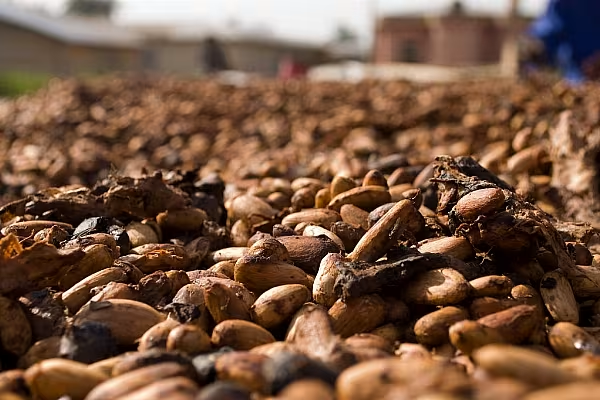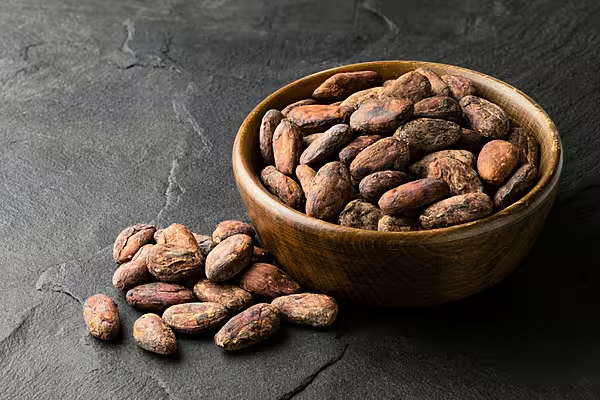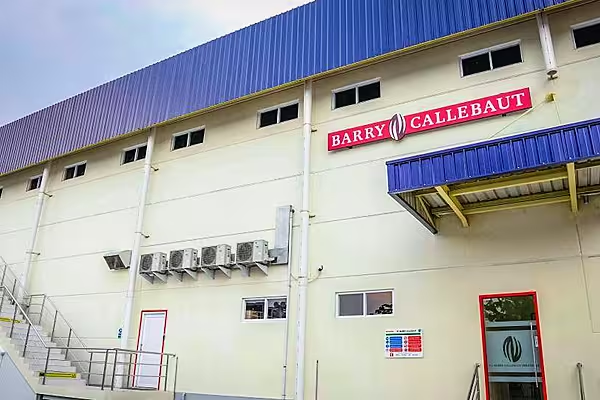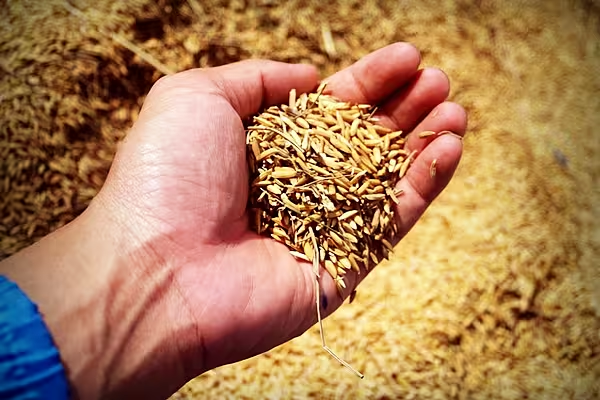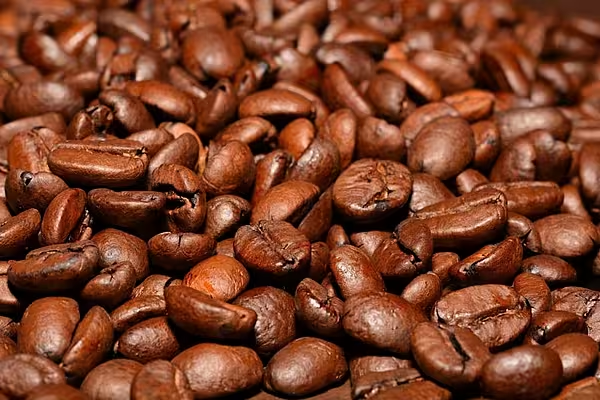Another week of heavy rains has triggered an outbreak of fungal black pod disease in some of Ivory Coast's cocoa-growing regions, farmers said on Monday, as the marketing season at the world's top producer of the bean kicks off.
Rainy season is underway in the country, which takes place between April and mid-November, and downpours are abundant and often heavy.
Cocoa production requires heavy rain with intervals of sunny spells for growing and drying the beans. Too much moisture can damage immature pods or trigger the fast-spreading fungal disease called black pod.
In the eastern region of Abengourou and in the southern region of Agboville, typically renowned for their bean quality, black pod has spread throughout the plantations following three straight weeks of rain, farmers told Reuters.
New Farmgate Price
Unable to adequately dry their harvests, farmers worry their cocoa deliveries could start to mould just three days after authorities announced a new farmgate price for beans, effectively launching the marketing season.
"It rains lot. We are fighting against the black pod with the treatment," said Remi Atta, who farms near Abengourou, where 73.3 millimetres (mm) fell last week — 48.1 mm above the five-year average.
Rainfall was also heavy in the western region of Soubre, at the heart of the cocoa belt, and in the southern region of Divo. Farmers in those regions said their plantations are in dire need of sun and that the dampness could attract harmful insects.
In the centre-western region of Daloa and in the central regions of Bongouanou and Yamoussoukro, however, farmers welcomed the latest rains with intermittent bursts of sunshine.
"We are confident that harvesting will be strong and of good quality in February," said Dominique Djoman, who farms near Daloa.
Weekly average temperatures in Ivory Coast ranged from 25.8 to 28.3 degrees Celsius.
News by Reuters, edited by ESM. For more Supply Chain news, click here. Click subscribe to sign up to ESM: European Supermarket Magazine.
